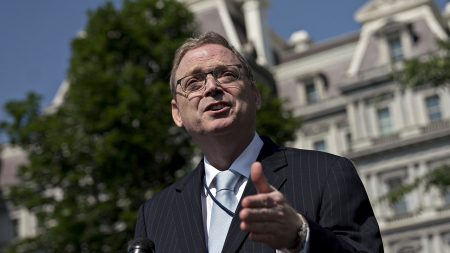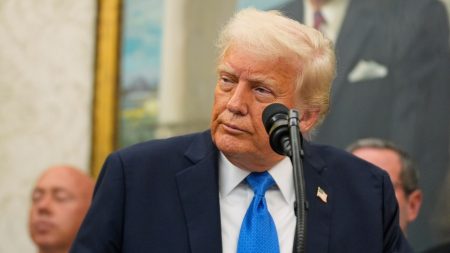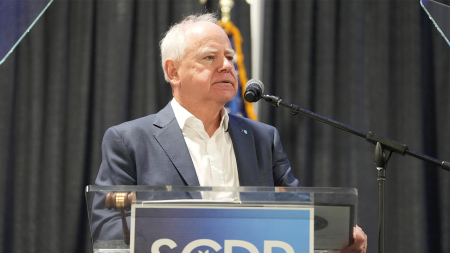The Biden administration’s assertive regulatory approach toward large corporations has sparked considerable debate, with critics arguing that it has hindered economic growth and stifled innovation. This critique centers on the administration’s active antitrust enforcement, particularly by the Federal Trade Commission (FTC) under Chair Lina Khan. The abandoned merger between Albertsons and Kroger, two major grocery chains, serves as a prominent example of this regulatory stance. The FTC’s challenge to the merger, based on concerns about reduced competition and potential price increases, ultimately led to the deal’s collapse. This intervention is seen by some as indicative of a broader trend under the Biden administration to scrutinize and challenge mergers and acquisitions, particularly within the tech sector.
Critics argue that this aggressive regulatory environment has created a chilling effect on business activity, discouraging companies from pursuing mergers and acquisitions due to fears of protracted legal battles and regulatory hurdles. Venture capitalist Ravin Gandhi, for instance, recounts instances where potential acquisitions were abandoned due to concerns about FTC scrutiny. This sentiment is echoed by Grant Cardone, CEO of Cardone Capital, who criticizes the administration’s approach as hindering business growth. The core argument is that the regulatory uncertainty and potential for lengthy legal challenges create a disincentive for companies to engage in mergers and acquisitions, which can be crucial for innovation and expansion.
This perceived chilling effect extends beyond just large corporations. Critics contend that even mid-market mergers and acquisitions, which are often critical for the growth and development of smaller businesses, are being impacted. The fear of regulatory scrutiny and potential legal challenges can deter smaller companies from pursuing acquisitions that could otherwise contribute to their growth and innovation. This concern is particularly relevant in the tech sector, where mergers and acquisitions are often a key driver of innovation and market expansion.
The increased regulatory scrutiny has not only led to abandoned deals but has also forced companies to restructure transactions preemptively to address potential antitrust concerns. This added layer of complexity and cost can further discourage companies from pursuing mergers and acquisitions, ultimately hindering economic activity. An analysis by Morgan Lewis, an international law firm, underscores this trend, revealing that a significant portion of transactions under the Biden administration were subjected to increased scrutiny and enforcement actions.
The debate surrounding the Biden administration’s antitrust policies centers on the balance between promoting competition and fostering economic growth. While proponents of the administration’s approach argue that it is necessary to prevent monopolies and protect consumers from price increases, critics contend that the aggressive enforcement is stifling innovation and hindering economic growth. This difference in perspective is reflected in the FTC’s statement regarding the blocked grocery merger, where they emphasize the benefits for consumers and small businesses through enhanced competition. Conversely, business leaders and investors express concerns about the broader impact on investment, innovation, and overall economic activity.
The contrasting viewpoints highlight the complex relationship between regulation and economic activity. While regulation can be essential for protecting consumers and promoting fair competition, excessive or overly aggressive enforcement can have unintended consequences, such as discouraging investment and stifling innovation. The challenge lies in finding the right balance between protecting consumers and fostering a dynamic and competitive marketplace that promotes economic growth. The ongoing debate about the Biden administration’s antitrust policies underscores the importance of this balance and its impact on the broader economy.










